Kuwaitis to get 75 liters of free petrol per month – Housing allowance of expat teachers cut
Sun 20 Nov 2016, 09:12:33
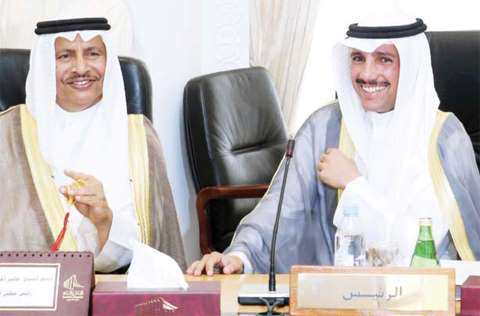
KUWAIT: Prime Minister HH Sheikh Jaber Al-Mubarak Al-Sabah (left) and National Assembly Speaker Marzouq Al-Ghanem attend a meeting between Cabinet members and MPs to discuss the government’s decision to increase petrol prices. — Photo by Yasser Al-Zayyat
KUWAIT: Prime Minister HH Sheikh Jaber Al-Mubarak Al-Sabah (left) and National Assembly Speaker Marzouq Al-Ghanem attend a meeting between Cabinet members and MPs to discuss the government’s decision to increase petrol prices. — Photo by Yasser Al-Zayyat
KUWAIT: National Assembly Speaker Marzouq Al-Ghanem yesterday said the government has agreed to compensate Kuwaiti citizens for the hike in petrol prices, but a number of lawmakers immediately rejected the deal. Ghanem told reporters following a three-hour meeting attended by HH the prime minister and six Cabinet members, in addition to 38 lawmakers, that the government will provide citizens holding a driving license with a free quantity of petrol every month to compensate them for the price increase.
He said based on calculations, it was found that average consumption is 220-240 liters monthly per driver, and the government will provide around 30 percent of this amount to citizens who drive. At present, it was agreed to provide 75 liters per month to each Kuwaiti driver and this amount will be revised monthly as part of a revision of petrol prices, Ghanem said.
The decision does not include expatriates, who will continue to pay the new prices of petrol, which took effect at the start of September. Ghanem said the government agreed to accept the decision of the National Assembly’s financial and economic affairs committee, which had demanded that citizens be compensated if petrol prices are raised.
The speaker said the government’s monthly assessment of petrol prices represents a “partial liberalization” of petrol prices, adding that the amount of free petrol given to citizens will vary monthly. This practically means that petrol prices will be changed every month, either raising or reducing them in accordance with international oil prices, and that expatriate
motorists could pay higher prices than the ones presently.
KUWAIT: National Assembly Speaker Marzouq Al-Ghanem yesterday said the government has agreed to compensate Kuwaiti citizens for the hike in petrol prices, but a number of lawmakers immediately rejected the deal. Ghanem told reporters following a three-hour meeting attended by HH the prime minister and six Cabinet members, in addition to 38 lawmakers, that the government will provide citizens holding a driving license with a free quantity of petrol every month to compensate them for the price increase.
He said based on calculations, it was found that average consumption is 220-240 liters monthly per driver, and the government will provide around 30 percent of this amount to citizens who drive. At present, it was agreed to provide 75 liters per month to each Kuwaiti driver and this amount will be revised monthly as part of a revision of petrol prices, Ghanem said.
The decision does not include expatriates, who will continue to pay the new prices of petrol, which took effect at the start of September. Ghanem said the government agreed to accept the decision of the National Assembly’s financial and economic affairs committee, which had demanded that citizens be compensated if petrol prices are raised.
The speaker said the government’s monthly assessment of petrol prices represents a “partial liberalization” of petrol prices, adding that the amount of free petrol given to citizens will vary monthly. This practically means that petrol prices will be changed every month, either raising or reducing them in accordance with international oil prices, and that expatriate
motorists could pay higher prices than the ones presently.
Prime Minister HH Sheikh Jaber Al-Mubarak Al-Sabah, who attended the meeting, said the government works under the instructions of HH the Amir, adding that government decisions will not harm citizens. After the announcement of the deal, a number of lawmakers rejected it and vowed to take action. MP Saad Al-Khanfour said he cannot accept any decision that harms the interests of citizens, adding that he plans to grill some ministers, whom he did not name.
MP Majed Moussa said the deal was unacceptable to him and to a group of lawmakers who are currently preparing to take action. He did not explain the type of action. “Kuwaiti citizens are not beggars. Any measure that negatively affects citizens’ income is rejected,” Mousa said. It was not immediately clear how much strength opponents of the deal enjoy in the Assembly and whether they can take any effective action. The 75 liters’ value will be calculated on the basis of normal or 91 octane petrol, whose price was raised from 60 fils to 85 fils per liter.
Kuwait’s lower court last week ruled that the increase of petrol prices was unlawful because of procedural flaws. The government has challenged the ruling before the appeals court defending its procedures.
In another astonishing decision for expatriates, the civil service commission yesterday decided to reduce housing allowance for expatriate teachers in the government from KD 150 monthly to KD 60. Until last year, public sector expatriate male teachers were being paid KD 150 in housing allowance, while female teachers were paid KD 60 monthly.
This continued until an expatriate female teacher won a court ruling ordering the education ministry to pay her KD 150 as housing allowance like her male counterparts, saying the different amounts paid was an act of discrimination. The ministry then raised the housing allowances of female teachers to KD 150. The ruling encouraged other female teachers to demand the difference in the housing allowance for about five years previously. The ministry has not yet paid anything.
MP Majed Moussa said the deal was unacceptable to him and to a group of lawmakers who are currently preparing to take action. He did not explain the type of action. “Kuwaiti citizens are not beggars. Any measure that negatively affects citizens’ income is rejected,” Mousa said. It was not immediately clear how much strength opponents of the deal enjoy in the Assembly and whether they can take any effective action. The 75 liters’ value will be calculated on the basis of normal or 91 octane petrol, whose price was raised from 60 fils to 85 fils per liter.
Kuwait’s lower court last week ruled that the increase of petrol prices was unlawful because of procedural flaws. The government has challenged the ruling before the appeals court defending its procedures.
In another astonishing decision for expatriates, the civil service commission yesterday decided to reduce housing allowance for expatriate teachers in the government from KD 150 monthly to KD 60. Until last year, public sector expatriate male teachers were being paid KD 150 in housing allowance, while female teachers were paid KD 60 monthly.
This continued until an expatriate female teacher won a court ruling ordering the education ministry to pay her KD 150 as housing allowance like her male counterparts, saying the different amounts paid was an act of discrimination. The ministry then raised the housing allowances of female teachers to KD 150. The ruling encouraged other female teachers to demand the difference in the housing allowance for about five years previously. The ministry has not yet paid anything.
No Comments For This Post, Be first to write a Comment.
Most viewed from International
Most viewed from World
AIMIM News
Latest Urdu News
Most Viewed
May 26, 2020
Can Lionel Messi's visit boost Indian football?
Latest Videos View All
Like Us
Home
About Us
Advertise With Us
All Polls
Epaper Archives
Privacy Policy
Contact Us
Download Etemaad App
© 2026 Etemaad Daily News, All Rights Reserved.


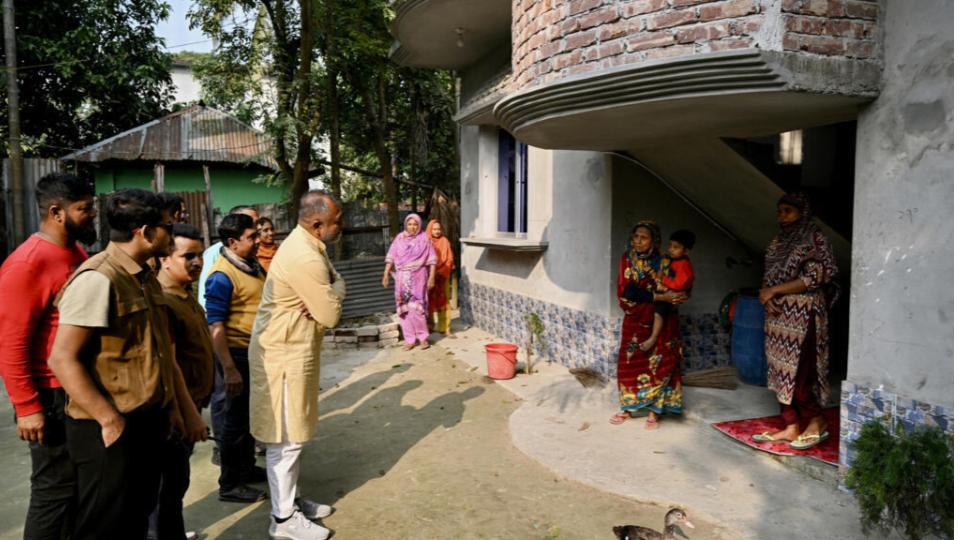



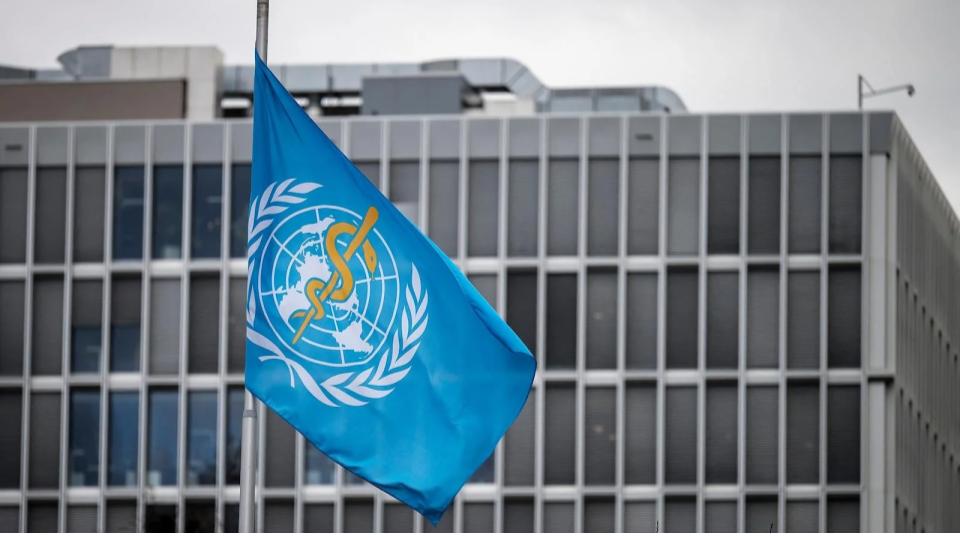
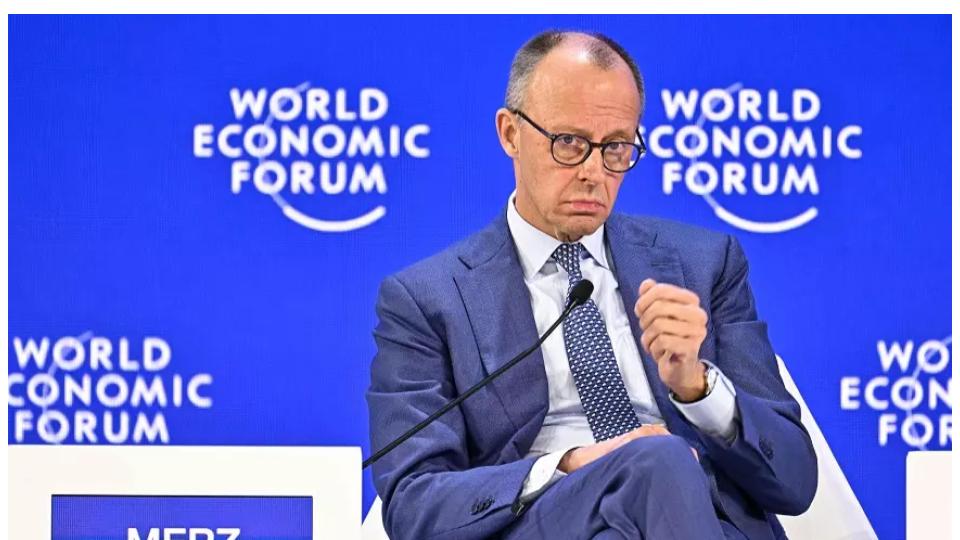
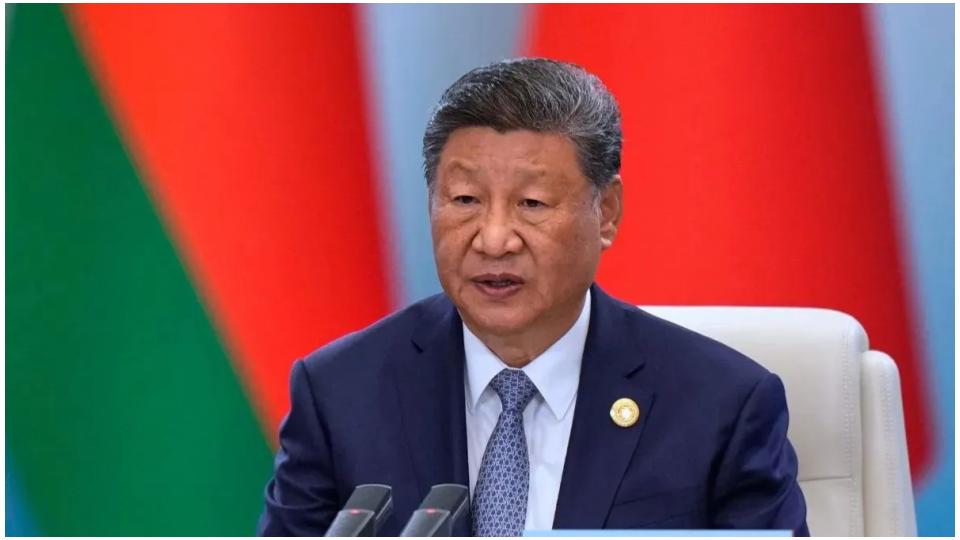


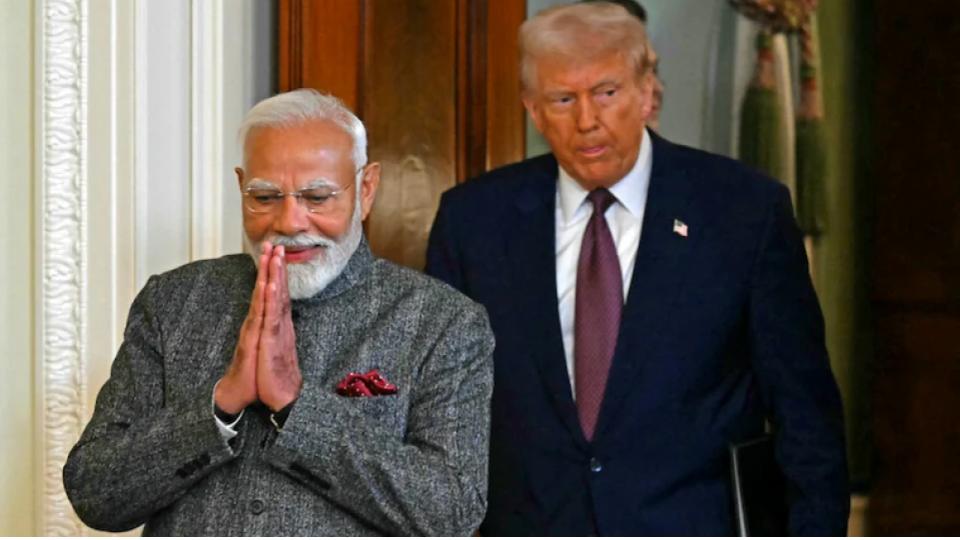





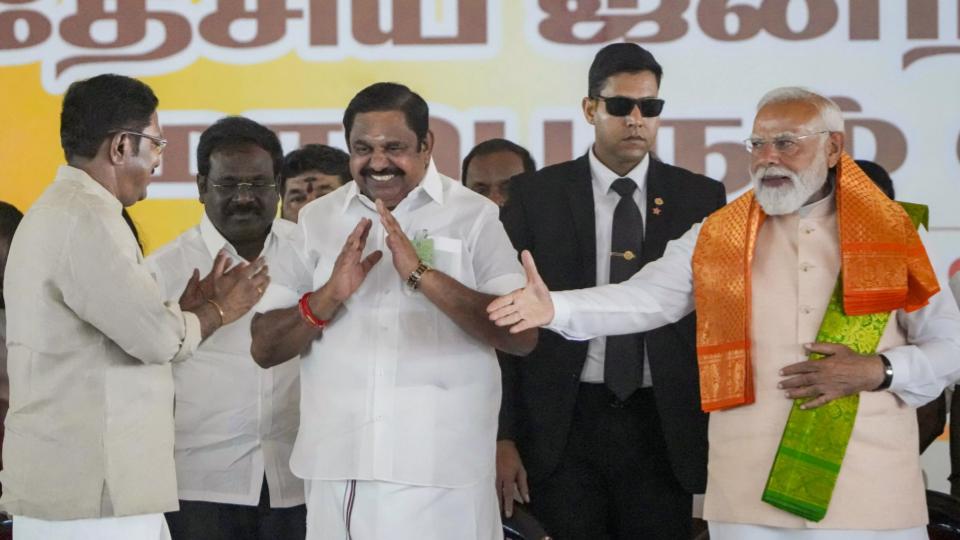




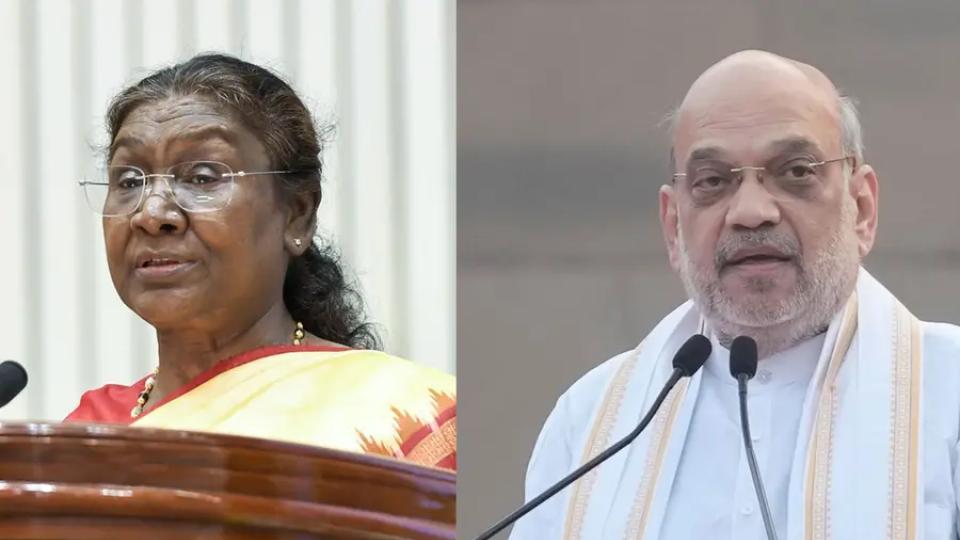














.jpg)
.jpg)
.jpg)


